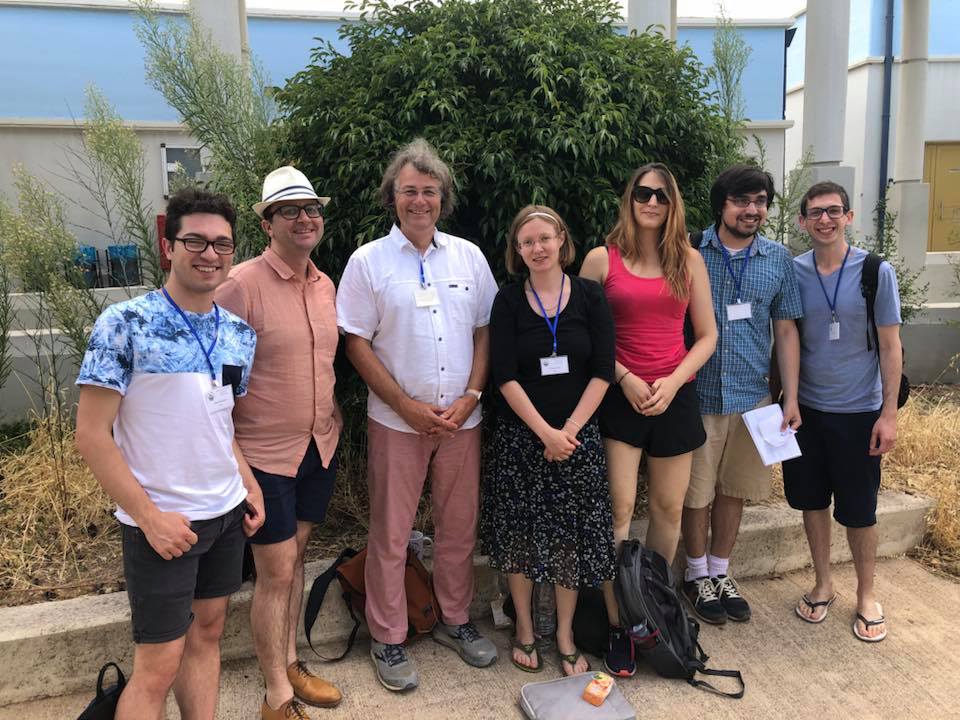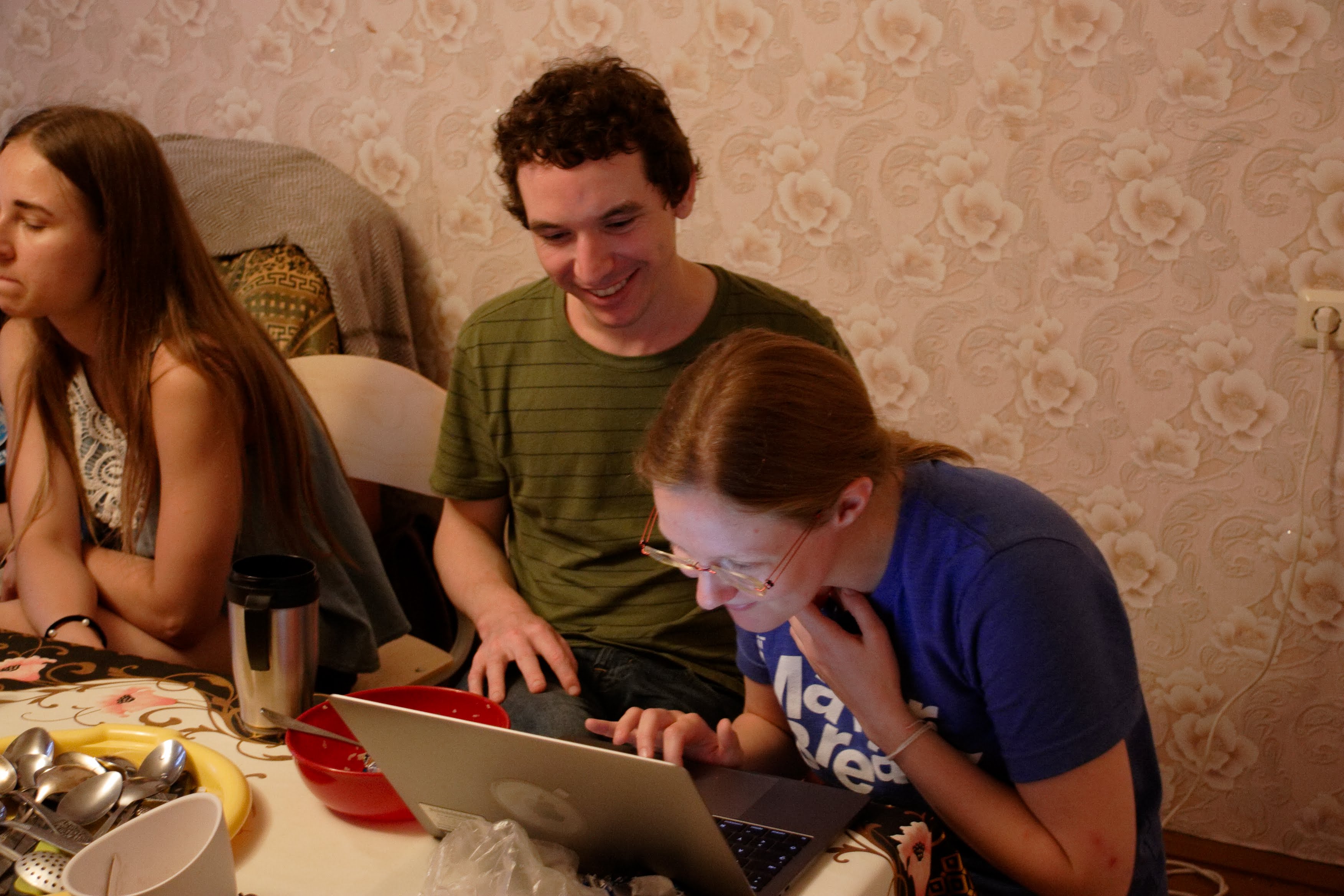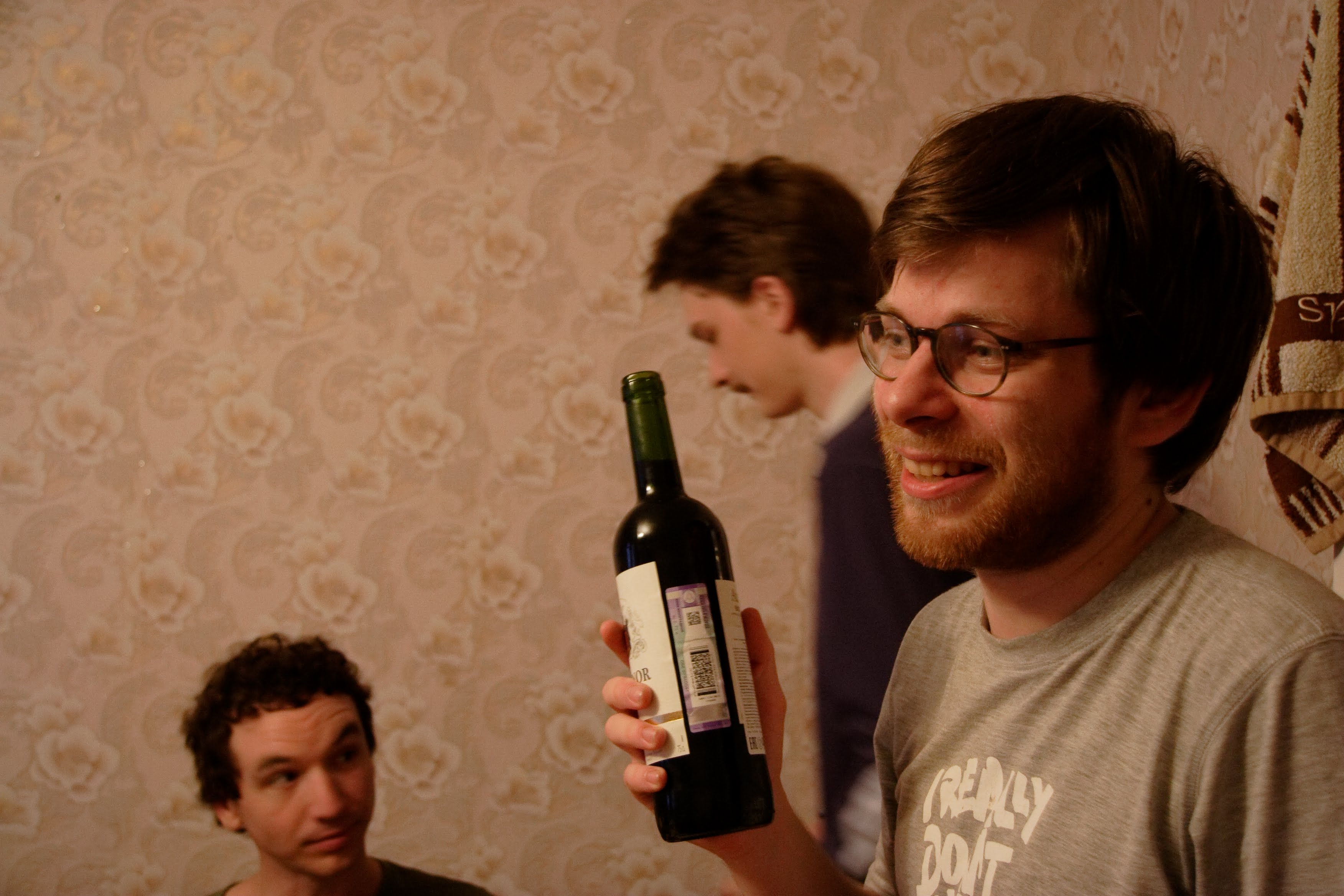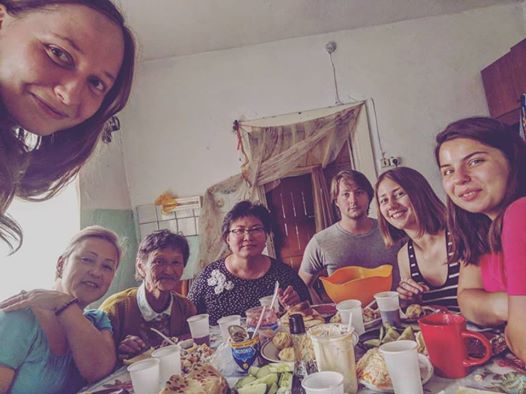Course announcements in this post:
- 24.943 Syntax of a Language Family (Algonquian)
- 24.949J Language Acquisition
- 24.967 Topics in Experimental Phonology
- 24.979 Topics in Semantics
…………………………………………………………………………………………………………………………………………………………………………
24.943 Syntax of a Language Family (Algonquian)
- Instructor: Richards
- Schedule: R9:30-12:30
- Room: 32-D461
In 24.943 this year we will be learning about the syntax of the Algonquian languages. We will pay particular attention to the Eastern Algonquian languages, which include Passamaquoddy-Maliseet and Wampanoag, but will read literature concentrating on languages outside this group as well.
…………………………………………………………………………………………………………………………………………………………………………
24.949J Language Acquisition
- Instructor: Hackl
- Schedule: T2-5
- Room: 32-D461
24.949/9.601J is a graduate level class on language acquisition, focussing on (typical) first language acquisition. The course provides A) a forum for discussion of foundational questions in language acquisition based on a review of the state of the art in selected topics in the areas of syntax, semantics and pragmatics and B) an opportunity for students to develop an experimental or corpus-based research project which, by the end of the semester, will consist in a well-defined (set of interrelated) question(s), a research plan (description of concrete hypotheses, data acquisition method(s), and data analysis strategies), and (ideally) pilot data. Potential topics include:
- Early clause structure, OI, correlations between inflectional morphology and functional syntax
- A-movement, passives, raising, unaccusative syntax, …
- Argument structure
- Binding Theory
- Quantification, quantifier scope, determiners, …
- Comparatives, adjectives, number
- Prepositions, spatial syntax and semantics
- Modals, modality, evidentials, tense, …
- NPIs, negation
- Acquisition of Presupposition
- Scalar Implicatures
- Learning models, statistical approaches to L1-acquisition, learnability theory
…………………………………………………………………………………………………………………………………………………………………………
24.967 Topics in Experimental Phonology
- Instructor: Flemming
- Schedule: TR2-3:30
- Room: 32-D769/TBA
In the past decade, the field of phonology has increasingly looked to experimental results to confirm and extend its understanding of phonological patterns. In this course, we will examine some of the issues involved in deriving experimentally testable predictions from a theory, designing and running an experiment, and interpreting the results.
The class has several goals:
- Consider the relation between linguistic theory, empirical predictions, and experimental results
- Gain practical knowledge in designing and carrying out experiments in the lab and on-line, and performing data analysis using R
- Gain familiarity with some commonly used experimental paradigms, comparing what they can tell us about the linguistic system
The emphasis this year will be on statistical analysis. The course will be organized around the statistical models that are most applicable to linguistic experiments (in all areas of linguistics):
- Linear models and linear mixed-effects models
- Generalized linear (mixed) models: logistic/probit regression, ordinal logistic regression, log-linear models
The application of these models will be illustrated through case studies selected based on the interests of the participants. Candidate topics include: Perceptual similarity, the P-Map Hypothesis, Universal Grammar/learning biases, phonetic underspecification, and parallel vs. serial sentence processing. Experimental paradigms examined are likely to include production, perceptual identification and discrimination, artificial language learning, phonological and syntactic acceptability judgments.
Note: Please let me know if you plan to attend this class - we’re still trying to arrange a room, and it would be useful to know how many people we need space for.
…………………………………………………………………………………………………………………………………………………………………………
24.979 Topics in Semantics
- Instructor: Crnic
- Schedule: R2-5
- Room: 32-D461
In this course, we will study Negative Polarity Items. While raising familiar foundational questions for linguistic theory, Negative Polarity Items enter into complex and often revealing interactions with a host of other phenomena in grammar. We will investigate several such interactions, with the goal of advancing our understanding of not only Negative Polarity Items but also these other phenomena. This investigation will help us address the overarching question of the course: Is the classic insight that the distribution of Negative Polarity Items should be described and explained by recourse to a notion of entailment tenable, and if so, how should it be cashed out? Some of the topics that we will touch on during the course are focus, presupposition, exhaustification, quantification, (in)definiteness, modals and attitudes, comparison and superlatives, and questions. Although our main focus will be on Negative Polarity Items in English, we will also attend to some cross-linguistic variation in this domain.



